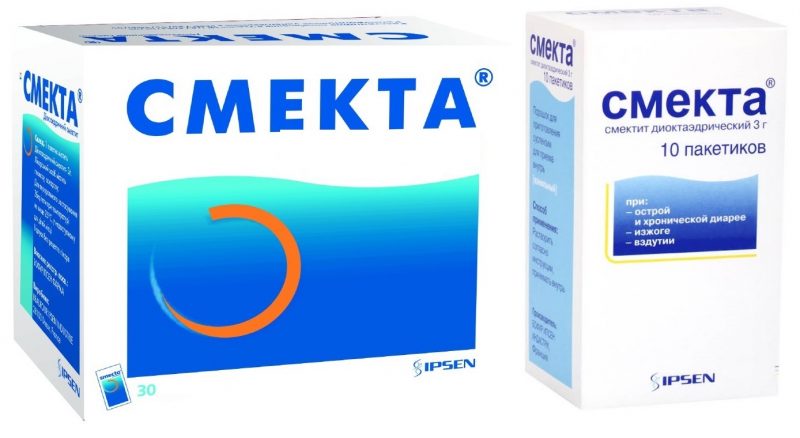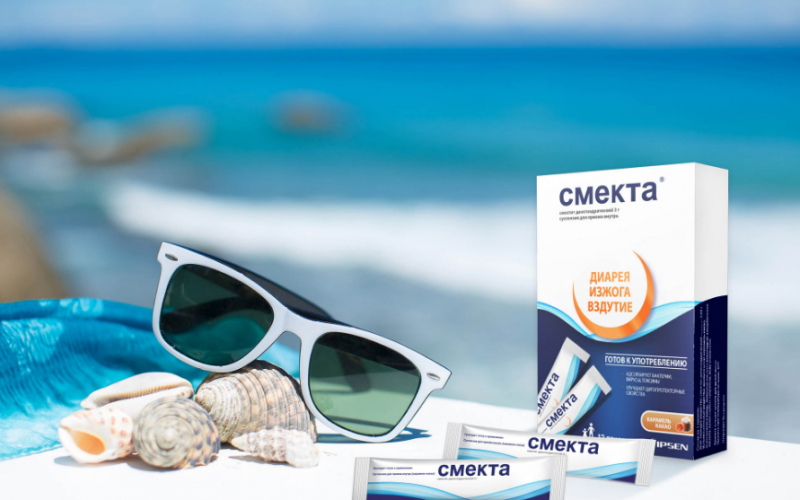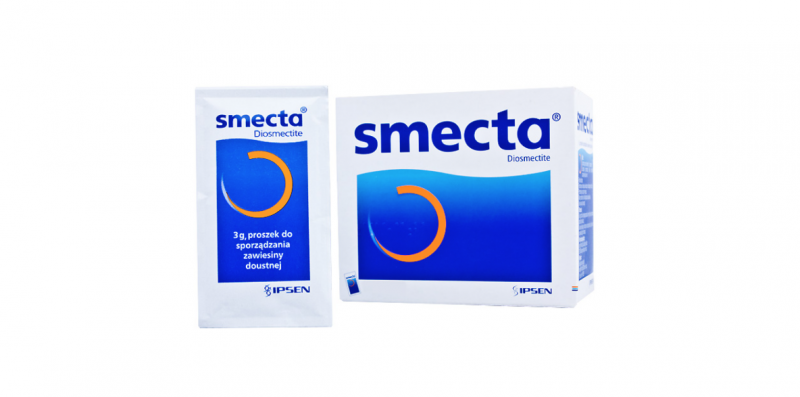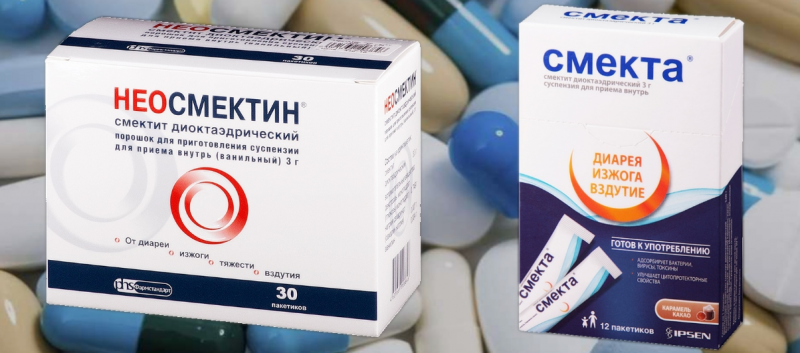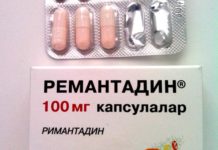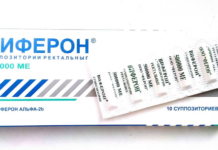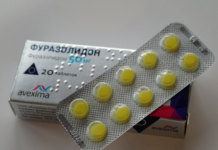Intestinal colic, abdominal pain, increased gas formation, loose stools - this is not a complete list of problems in the immature digestive tract in infants. The drug "Smecta" for newborns eliminates the possible causes of these situations. Natural antidiarrheal, antitoxic agent or its analogues must be in a children's medicine cabinet.
Material Content:
The composition (active substance) of the drug
The drug contains diosmectite (full name - dioctahedral smectite). This purified natural substance is a double silicate of aluminum and magnesium. The producer of Smecta, the French company Ipsen, uses white clay from the volcanic deposits of the island of Sardinia in the western Mediterranean Sea as a raw material.
The powder in bags contains 3 g of diosmectite. In addition, vanillin, orange flavor, dextrose monohydrate and sweetener are present. The contents of the bag must be dissolved before use. The powder can be mixed with water, drinks, liquid food.
The second form of release is Smecta suspension, ready for oral administration. The content of the active substance in it is the same as in the powder (3 g). Additional substances in the composition are citric and ascorbic acid, potassium sorbate, caramel flavor, purified water, etc.
Pharmacological properties and pharmacokinetics
Smecta is an antidiarrheal agent, enterosorbent. After taking the suspension inside the gastrointestinal tract, the amount of mucus increases.In the digestive tract of a healthy person, it is needed to protect against infection, toxins, excess stomach acid.
Action "Smecta":
- detoxification;
- antacid;
- enveloping;
- absorbent;
- antidiarrheal.
Diosmectite restores and strengthens its own protective barrier in the gastrointestinal tract, which prevents the introduction of toxic chemicals and microbes that cause diarrhea, preventing them from entering the bloodstream. The sorption effect is manifested in the removal of toxins from the intestines with stool.
If you give "Smecta" with colic, then diosmectite binds gaseous substances. They enter the intestines of the newborn when sucking and are formed there in large numbers due to imperfections in the digestive system.
"Smecta" relieves infants from excruciating cramps, bursting and abdominal pain.
The antacid or antacid effect of diosmectite develops due to binding to mucus glycoproteins. As a result, the ability of the digestive tract mucosa to neutralize the negative effect of hydrogen ions, responsible for increasing the acidity of the gastric contents and the appearance of pain, is restored.
After taking Smecta, the qualitative and quantitative composition of the intestinal microflora is normalized. The predominant growth is obtained by lactobacilli and bifidobacteria. Thanks to the complex effect of the drug, digestion and blood supply to the intestine are improved, and the load on the liver and immune system is reduced.
Smecta is safe for infants. The constituent components of the suspension are insoluble in water and food. Diosmectitis is not absorbed into the blood. The agent after passing through the digestive tract is completely excreted with food residues and adsorbed toxins in a natural way.
When is Smecta prescribed
The tool helps with acute and chronic diarrhea that has arisen for various reasons. "Smecta" is prescribed for acute intestinal infections, dyspepsia symptoms (heartburn, flatulence, etc.), food poisoning, inflammatory bowel disease.
You can give Smect to a newborn in the following cases:
- the child suffers from intestinal colic;
- the baby often spits up;
- the baby has loose stools;
- with jaundice of the skin.
The body of the newborn still does not cope with an increased level of bilirubin, so physiological jaundice develops.
Diosmectite accelerates the removal of toxic pigment. In the body of an adult, the liver copes with this function. "Smecta" from jaundice is recommended to be given in the same dosages in which the drug is prescribed for diarrhea and colic in children immediately after birth.
Instructions for use for newborns
Dosages for powder and ready-to-use suspensions are no different. Only in the first case, it is necessary to first add dry granules in water. In accordance with the instructions for use, newborns and infants up to 12 months old are given one packet of Smecta per day.
The powder is poured into a baby bottle with divisions and 100 ml of water is added. Get a suspension for 3 to 4 doses during the day (25 to 30 ml). You can add the powder or suspension in the infant formula.
- With colic, physiological jaundice and other indications, it is enough for newborns to take the contents of 1 sachet per day for 3-4 doses.
- In case of acute diarrhea in a child younger than 12 months, the daily dose is increased to 2 Smecta sachets. Give the drug in this dosage for 3 days, and then - 1 sachet per day until recovery.
A child can drink a diluted Smecta between meals or receive it with food.
Contraindications and side effects
Smecta is not prescribed for:
- hypersensitivity to the ingredients of the drug;
- fructose intolerance;
- intestinal obstruction;
- malabsorption and breakdown of simple carbohydrates.
The most common side effect of using the drug is constipation. Allergic reactions may occur in the form of skin itching, urticaria, and Quincke's edema.
The best way to avoid constipation in a newborn is to observe the dosage and not exceed the duration of the drug prescribed by the doctor.
Analogues of antidiarrheal drug
Diosmectite is an active ingredient in Russian-made drugs. For example, Neosmectin is available in powder form in sachets for a single dose. Different flavors are used: vanilla, orange, lemon, raspberry.
Pharmacological properties, indications and contraindications, method of use of "Neosmectin" and "Smecta" completely coincide.
The second analogue is Diosmectite. The suspension in a single dose sachet also contains 3 g of diosmectite. The difference from Neosmectin and Smecta is the absence of flavorings. Auxiliary components of the suspension are glucose and saccharin. Domestic preparations are cheaper than imported ones. The price of one packet of Diosmectite and Neosmectin is from 9 to 11 rubles, Smecta 2 is from 14 to 15 rubles.
Another analogue of Smecta is produced in Russia - Endosorb. The powder is packaged in bags for a single dose. In addition to the active substance of diosmectite in a dosage of 3 g, the preparation contains a flavoring, vanillin, sweetener.
"Diosmectitis" helps newborns better with diarrhea, intestinal colic, jaundice. For allergic diseases, another enterosorbent, Enterosgel, is preferable. Only a pediatrician can decide which drug to prescribe to an infant in various conditions.
Newborns and infants suffer from painful colic, loose stools, belching. In these cases, pediatricians recommend the use of Smecta or its analogues. Diosmectite in the composition of the preparations is a natural enterosorbent and antidiarrheal agent. Smecta stops the negative manifestations of imperfect digestion in infants, but does not eliminate the infection, which can cause diarrhea and bloating.


